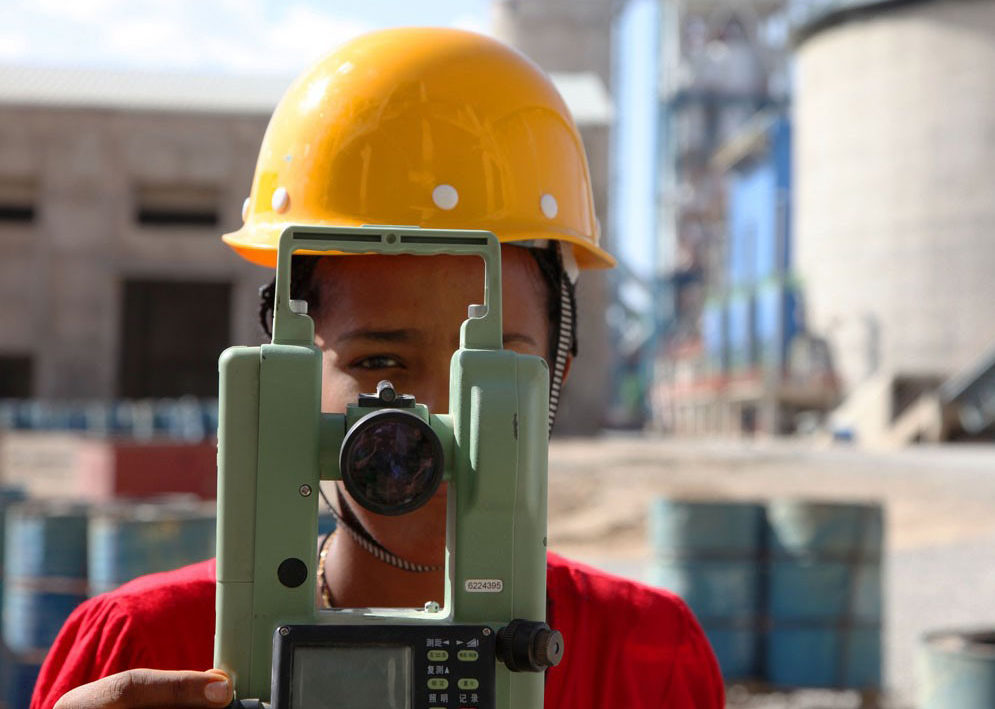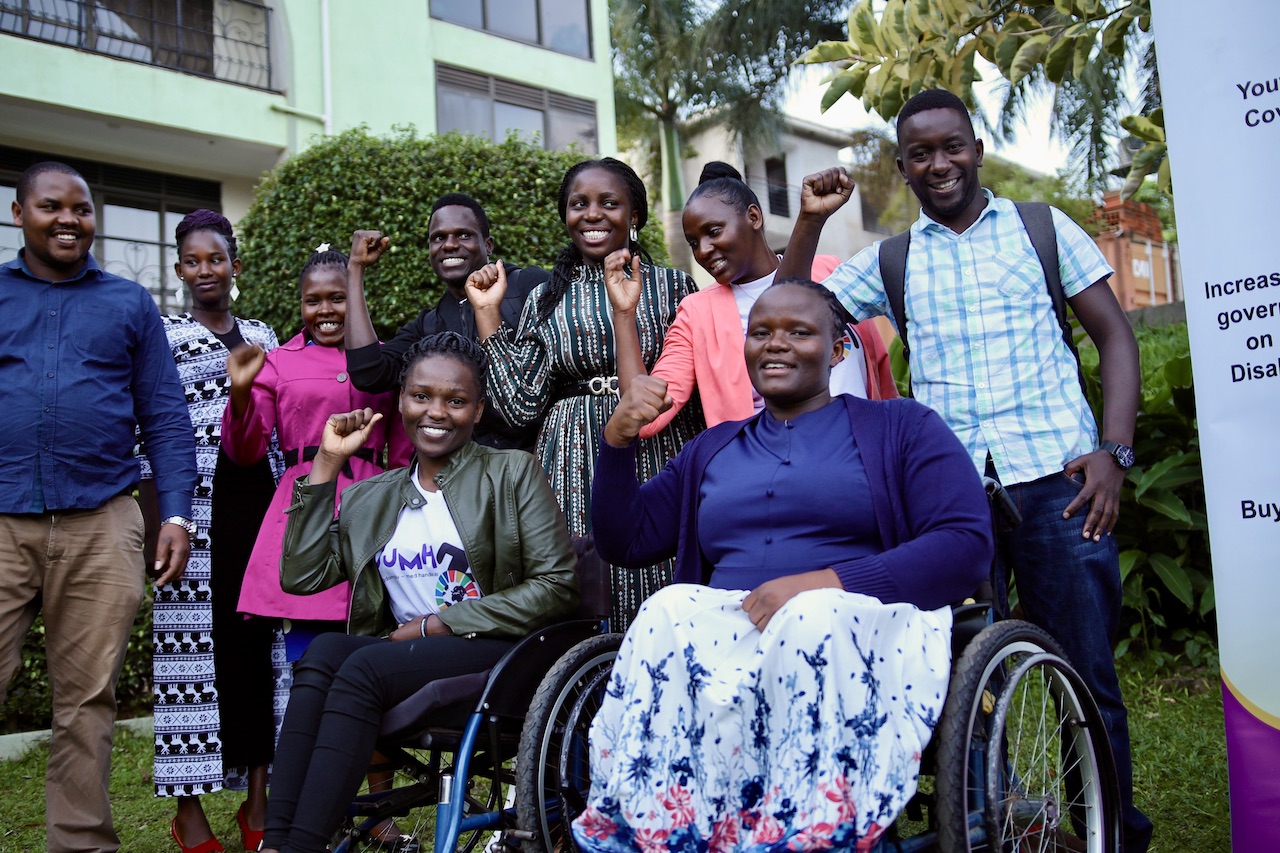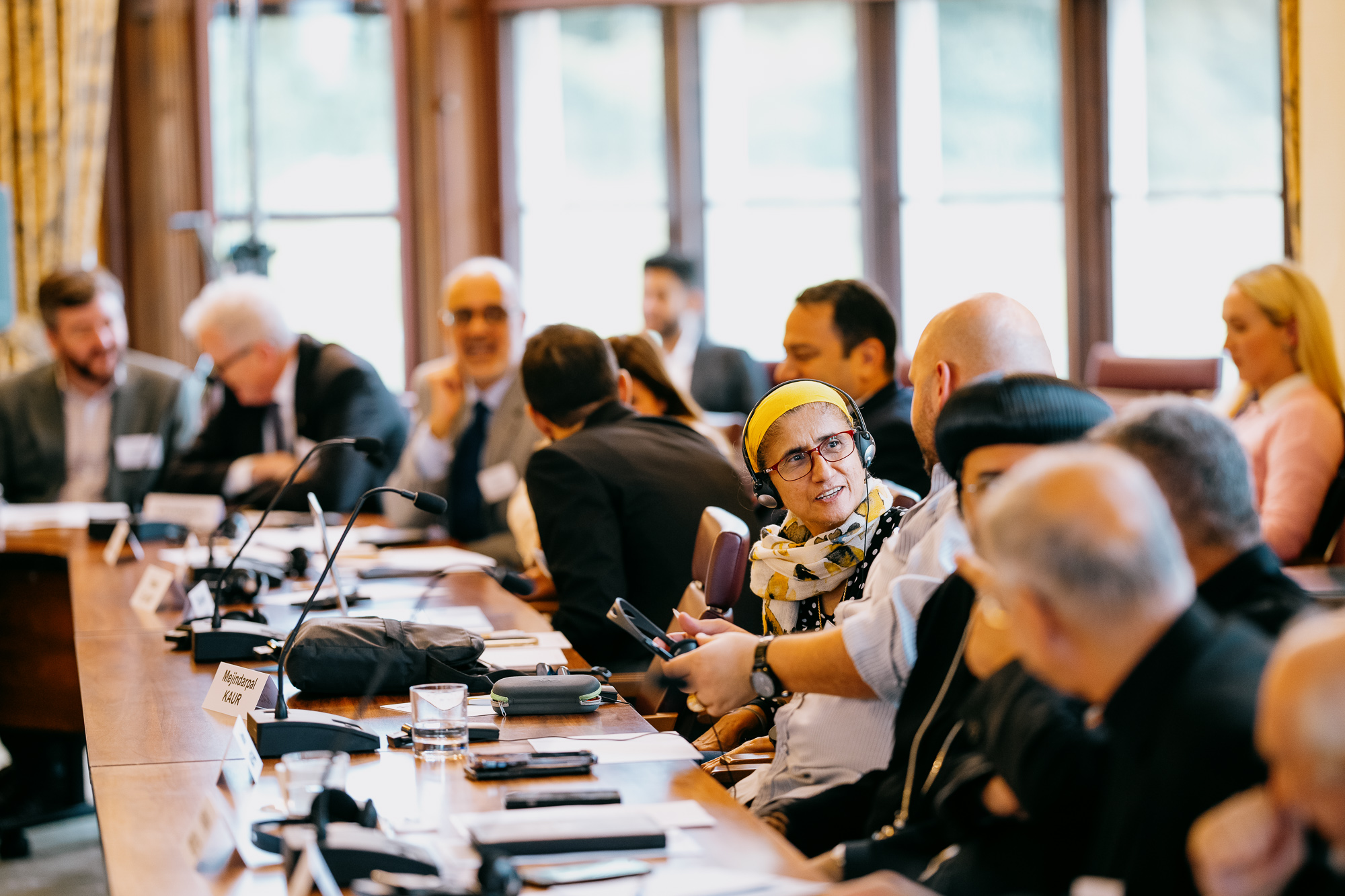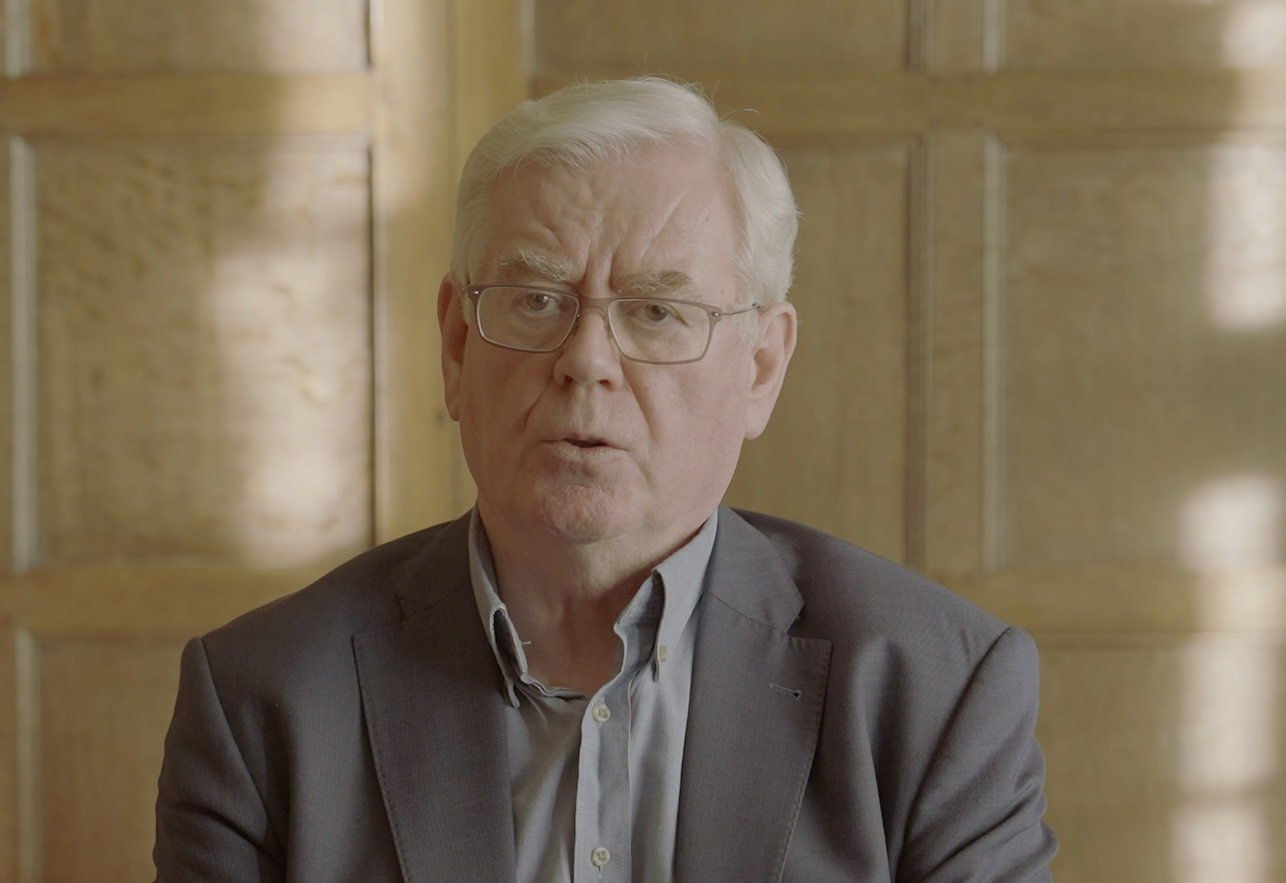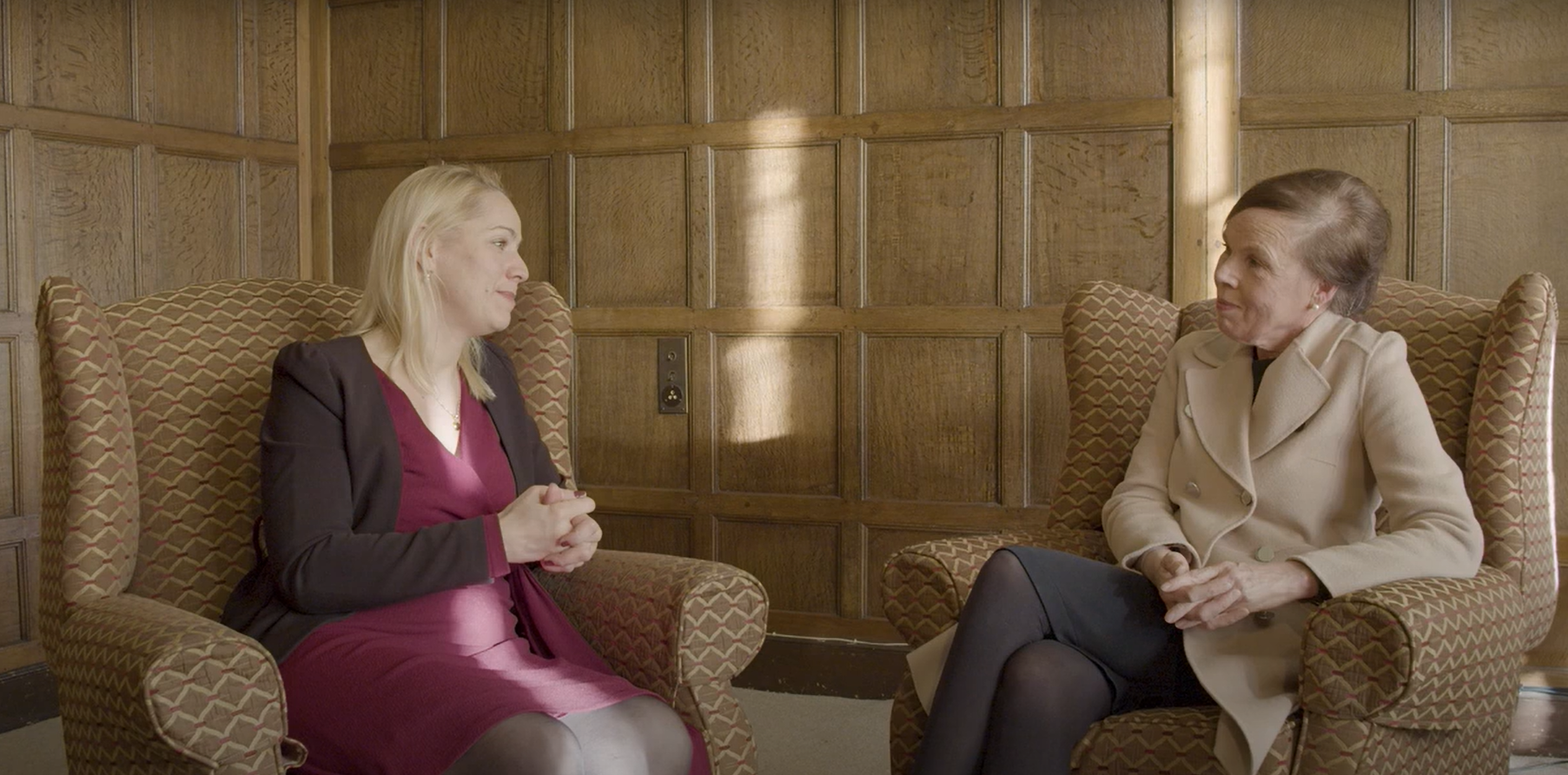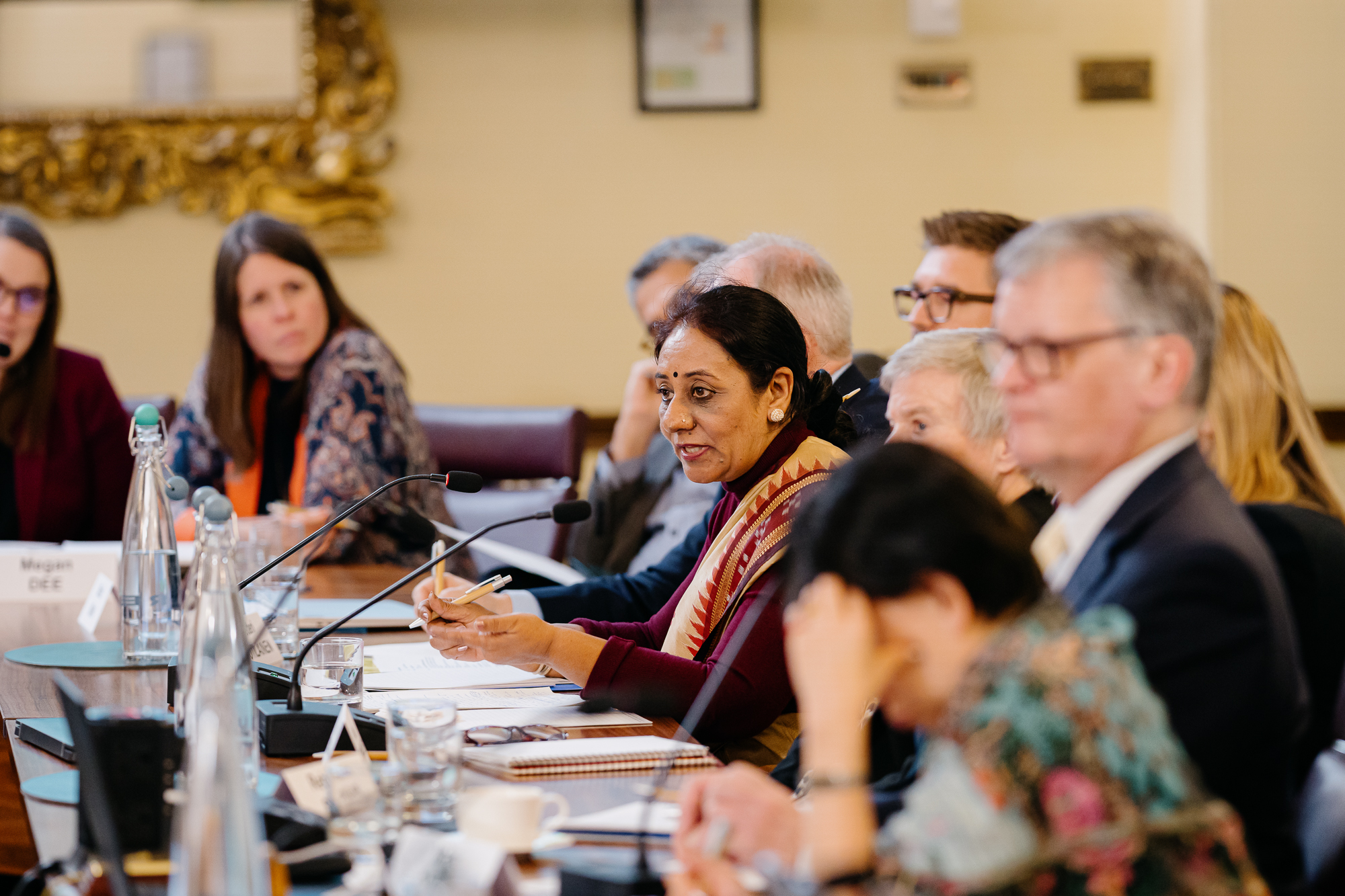In a climate of concern around global economic growth and productivity, global youth unemployment is again on the rise, with young people in emerging economies particularly badly affected. Indeed, in Sub-Saharan Africa, the African Development Bank estimates that without concerted action, nearly 50% of youth will be unemployed or economically inactive by 2025. An estimated 18 million new jobs will be needed each year until 2035 to absorb the growing labour force in the region.
However, the problem is not only unemployment, but underemployment and a lack of secure and decent work. The informal economy, where many young people find a livelihood, may not absorb all jobless youth and offers largely insecure work. This is particularly challenging in agriculture, where work is highly unstable and low paid, putting off potential young recruits to the sector. Sub-Saharan Africa has the highest migration rate in the world and the evidence suggests that a lack of decent work opportunities is driving this. The region continues to suffer the highest youth working poverty rates globally, at almost 70 per cent.
Achieving decent work for all is key not only to promoting the wellbeing of African youth and driving economic prosperity in the region, but also in achieving the sustainable development goals as highlighted by Goal 8, which aims to “promote sustained, inclusive and sustainable economic growth, full and productive employment and decent work for all”. This also means ensuring that women and girls, minorities, disabled people and those affected by HIV/AIDS are not excluded from meaningful participation in the economy.
Young people have the potential to shape the future of their countries, helping to curb instability and conflict and grow markets for international investment. There are, however, real questions about the prospects for job creation in contexts of violence and instability.
Up to now, in terms of policy response, there has been a strong focus on building education and employability skills in Sub-Saharan Africa, which play a huge role in improving young people’s lives and are particularly important for girls. However, education is only one part of a complex picture. It is of course important to ensure that young people have the types of skills needed in the 21st century workforce, including digital literacy, critical thinking and problem-solving skills. But there are also questions as to whether a focus on the ‘skills gap’ through education and skill building is appropriate if, in reality, there is mainly a ‘jobs gap’ and jobless growth, a distinction which has huge implications for understanding the causes of exclusion and marginalisation and strategies to tackle them.
This event explored the complex picture of youth unemployment and under-employment in Sub-Saharan Africa, exploring how to go beyond entrepreneurship and skills development, to come up with more comprehensive solutions. This requires challenging assumptions and the asking of broader questions.
To what extent is a deeper transformation of African economies needed in order to create decent work for all? And, is a new ambitious initiative on Youth Employment, as referenced at the Commonwealth Heads of Government (CHOGM) in London in April 2018, the way forward?
This event is part of the ‘Wilton Park Youth Dialogues: powering the future’ series, which focuses on young people, with a view to generating a positive and action-oriented debate, looking at youth ambitions and opportunities in relation to employment, education, security and peace.
